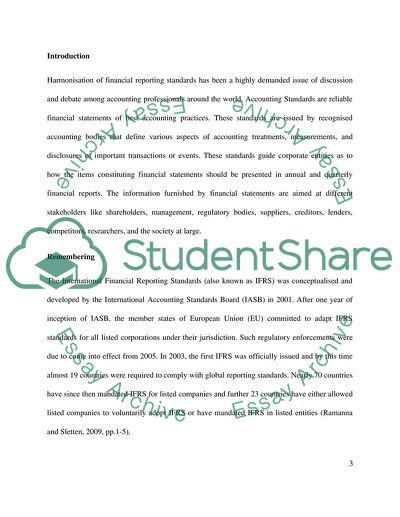Cite this document
(“Critically evaluates the process of global harmonisation of financial Essay”, n.d.)
Critically evaluates the process of global harmonisation of financial Essay. Retrieved from https://studentshare.org/finance-accounting/1628127-critically-evaluates-the-process-of-global-harmonisation-of-financial-reporting
Critically evaluates the process of global harmonisation of financial Essay. Retrieved from https://studentshare.org/finance-accounting/1628127-critically-evaluates-the-process-of-global-harmonisation-of-financial-reporting
(Critically Evaluates the Process of Global Harmonisation of Financial Essay)
Critically Evaluates the Process of Global Harmonisation of Financial Essay. https://studentshare.org/finance-accounting/1628127-critically-evaluates-the-process-of-global-harmonisation-of-financial-reporting.
Critically Evaluates the Process of Global Harmonisation of Financial Essay. https://studentshare.org/finance-accounting/1628127-critically-evaluates-the-process-of-global-harmonisation-of-financial-reporting.
“Critically Evaluates the Process of Global Harmonisation of Financial Essay”, n.d. https://studentshare.org/finance-accounting/1628127-critically-evaluates-the-process-of-global-harmonisation-of-financial-reporting.


